National Weather Museum
This enthusiast-led facility is the only museum in the country dedicated to the preservation of weather artifacts.
Whether it’s the latest natural disaster or just awkward small talk at the water cooler, weather is the start of many a conversation. And if you want to discuss meteorology history in detail, there’s no better town to visit than Norman, Oklahoma, the home of the National Weather Museum & Science Center.
First things first, it’s important to note that the National Weather Museum is unaffiliated with the National Weather Center. It’s easy to make that mistake, given that they have essentially the same name, and both are headquartered in Norman. One might argue that the nascent museum is attempting to benefit from a little category confusion, but it’s also true that the museum’s curators are hoping to establish Norman as the nation’s home for meteorology enthusiasts.
Established in 2007 as the dream of retired longtime National Severe Storms Laboratory employee Doug Forsyth, the museum is currently in what his son and curator Ross Forsyth describes as “Phase 2” of development. This means that it’s located in a nondescript office park with room for exhibits. Most of the exhibits on display are donated weather artifacts, such as the original Norman Doppler Radar, which was salvaged by Doug Forsyth, who managed radar operations at NSSL.
For those who like their weather experience to be a little more visceral, the museum also offers a “tornado car,” which was smashed apart and salvaged from the EF5 tornado that struck Moore, Oklahoma on May 20, 2013. The museum’s centerpiece is a T-28 Trojan aircraft that was used to penetrate storms. Finally, there is a burgeoning Weather Hall of Fame at the entrance. The Hall of Fame is designed to honor people who have made achievements in meteorology, and not the effects themselves, so sadly rain has to wait another year for induction.
Visitors to the center are encouraged to take a guided tour of the facility, often led by meteorology students attending the University of Oklahoma. The third phase of development involves building a permanent museum, a major undertaking that involves big dreams and big dollars. As of this writing, this phase of the project seems like a pretty far-off dream, but if there’s anyone comfortable with an unpredictable long-term forecast, it’s a meteorologist.


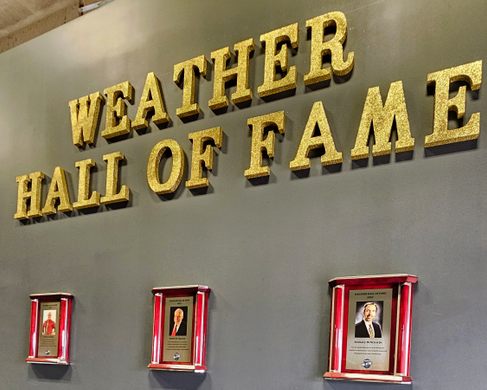
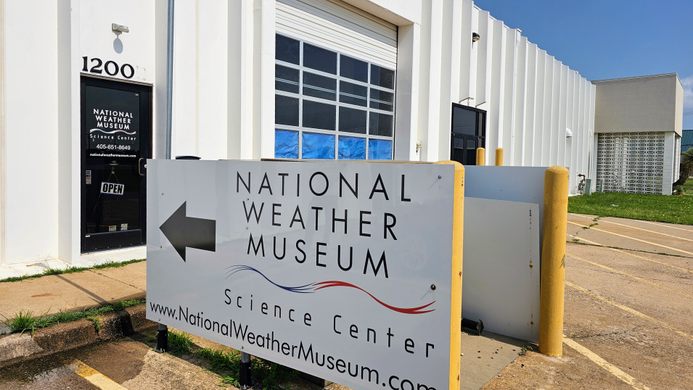
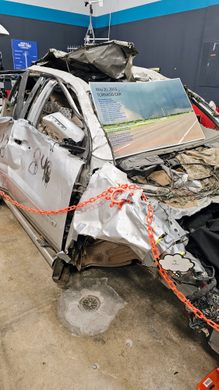




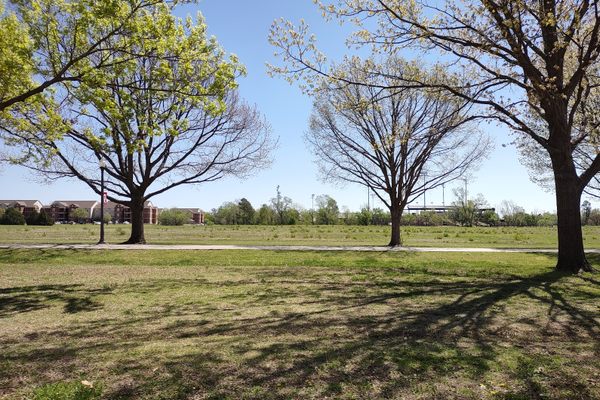
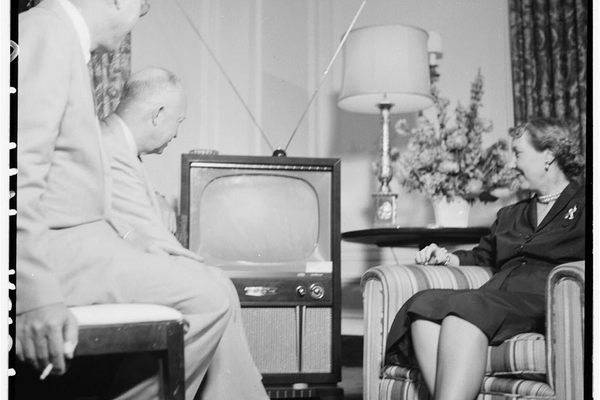
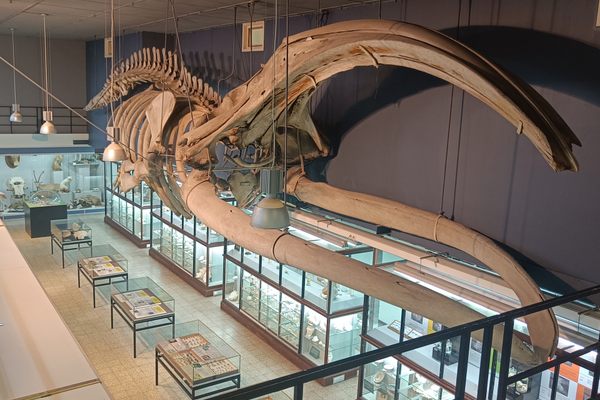
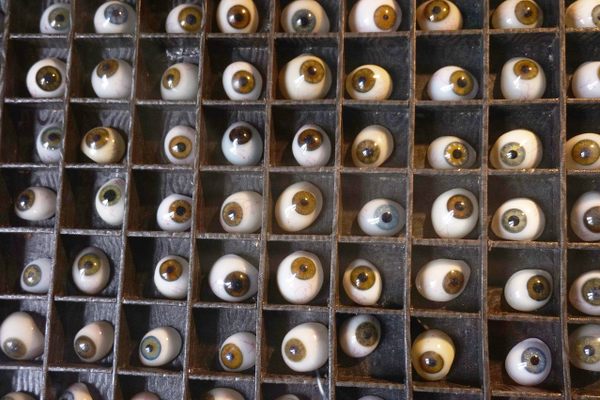
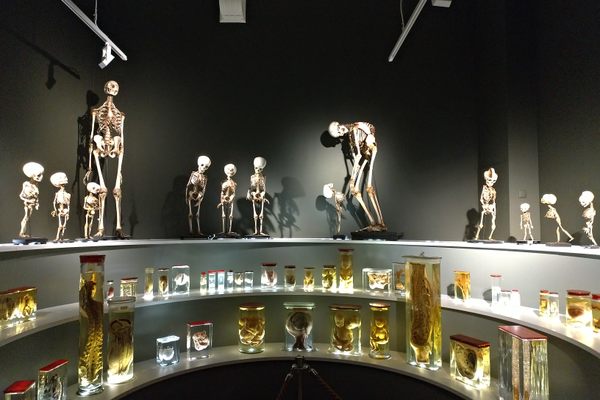


Follow us on Twitter to get the latest on the world's hidden wonders.
Like us on Facebook to get the latest on the world's hidden wonders.
Follow us on Twitter Like us on Facebook